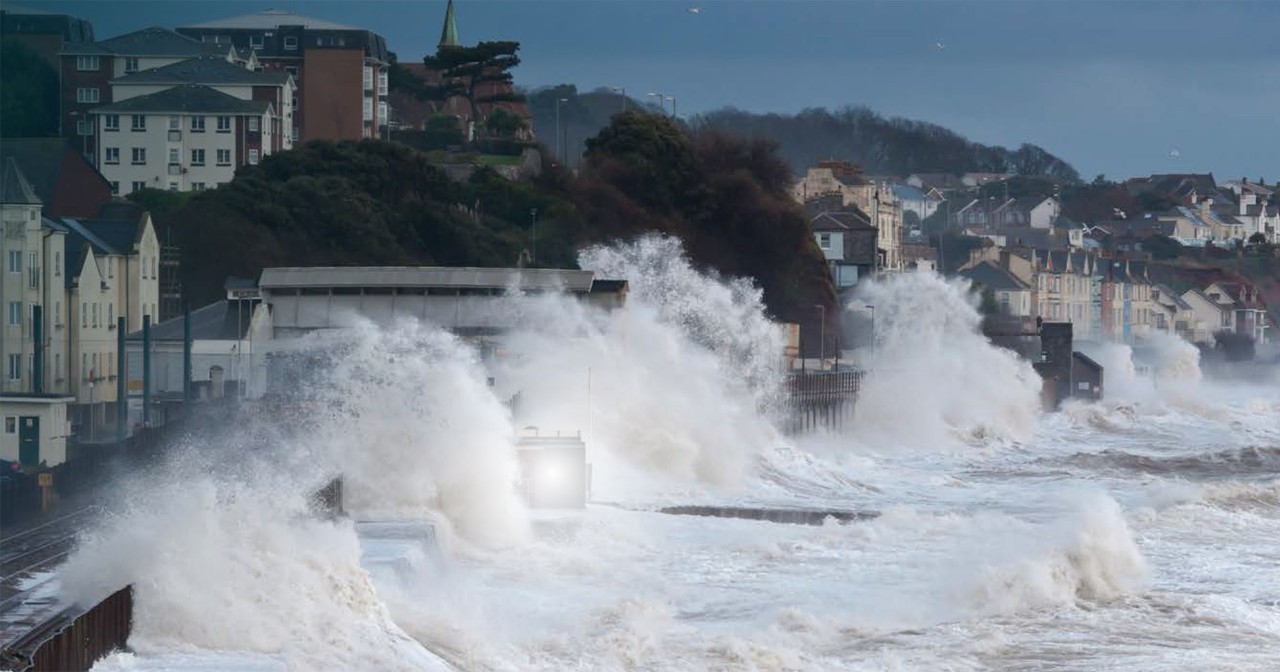Upon being asked what would determine his government’s course, Harold Macmillan, Britain's prime minister in the late 1950s, allegedly replied: "Events, dear boy, events.” The truth of that observation is certainly obvious in today’s political environment and is also quite true in the world of construction contracting.
The global COVID-19 pandemic is affecting the exposure that contractors face and will continue to face long after the quarantine is lifted. Threatened supply chains, worker safety, and availability issues enhance the risk of project delays, and a contractor’s response right now will determine future course and practicality.
Below are some important considerations that construction contractors should keep in mind as they evaluate their response to project delays, closures, and worker availability issues to help minimize the impact.
Review of Applicable Contract Clauses
Contractors and their advisers should review existing contracts to determine how delays are addressed. In particular, a force majeure clause may excuse delays caused by supply chain interruptions.
A force majeure clause is meant to address what happens when an unforeseeable event occurs that neither party controls. Usually, if such an event causes a delay, the contractor is entitled to additional time. However, most clauses do not provide for additional compensation.
Let’s review some standard form clauses to determine:
- What events are considered a force majeure event
- What are the remedies (time and/or compensation)
- What are the requirements to obtain additional time/compensation
American Institute of Architects
Although not entitled as such, the force majeure clause in the American Institute of Architects Form 201 is outlined in Section 8.3.1. It states:
If the Contractor is delayed at any time in the commencement or progress of the Work by (1) an act or neglect of the Owner or Architect, of an employee of either, or of a Separate Contractor; (2) by changes ordered in the Work; (3) by labor disputes, fire, unusual delay in deliveries, unavoidable casualties, adverse weather conditions documented in accordance with Section 15.1.6.2, or other causes beyond the Contractor’s control; (4) by delay authorized by the Owner pending mediation and binding dispute resolution; or (5) by other causes that the Contractor asserts, and the Architect determines, justify delay, then the Contract Time shall be extended for such reasonable time as the Architect may determine.
Subparagraph (5) likely would address disruptions caused by COVID-19. The particular language guides what a contractor must do to assert a viable argument for an excusable delay.
Note that the “other causes” must justify the delay and final determination is by the architect. Thus, it is critical that the contractor fully documents how events arising from the pandemic (e.g. travel restrictions, business closures, and illness) were the cause for the delay.
Note also that the contractor is entitled only to additional time. The clause does not provide any adjustment for additional costs or price escalations caused by the delay.
ConsensusDocs
The ConsensusDocs contract form addresses force majeure in Section 6.3 in terms of excusable delays.
6.3 Delays and Extensions of Time
6.3.1 If Constructor is delayed at any time in the commencement of progress of the Work by any cause beyond the control of the Constructor, Constructor shall be entitled to an equitable extension of the Contract Time. Examples of causes beyond control of the Constructor include, but are not limited to, the following
***
(j) epidemics;
(k) adverse governmental actions;
(l) unavoidable accidents or circumstances;
***
6.3.3 Notice of Delays If delays to the Work are encountered for any reason, Constructor shall provide prompt written notice to Owner of the cause of such delays after Constructor first recognizes the delay. The Parties each agree to take reasonable steps to mitigate the effect of such delay.
The ConsensusDocs form refers specifically to “epidemics” and “adverse government actions.” COVID-19 and government-ordered restrictions appear to fall squarely within these terms.
Similar to the AIA form, only additional time would be provided for the causes in the subparagraphs noted above (rather than compensation). Prompt notice is required. Therefore, it is critical that the contractor documents the delay and what steps were taken to mitigate or avoid the delay.
Federal Government
The Federal Government excuses delay for epidemics, government actions, and quarantine restrictions. Federal Acquisition Regulation 52.249-14 states:
Except for defaults of subcontractors at any tier, the Contractor shall not be in default because of any failure to perform this contract under its terms if the failure arises from causes beyond the control and without the fault or negligence of the Contractor. Examples of these causes are (1) acts of God or of the public enemy, (2) acts of the Government in either its sovereign or contractual capacity, (3) fires, (4) floods, (5) epidemics, (6) quarantine restrictions, (7) strikes, (8) freight embargoes, and (9) unusually severe weather. In each instance, the failure to perform must be beyond the control and without the fault or negligence of the Contractor. Default includes failure to make progress in the work so as to endanger performance.
As with the AIA form and ConsensusDocs form, only additional time is provided and not compensation.
Final Tips
- Contractors should review their existing contracts now to determine their rights and remedies in the event of a delay as well as any notice obligations. Identify risk and exposure, assess rights and remedies, and develop a plan.
- What are the allowable causes for an excusable delay?
- Is additional time and compensation available?
- What are the required contents of any notice?
- For existing contracts, if the contractor encounters a delay, provide notice to the owner as soon as possible. Document everything, including the description of how the event (e.g. COVID-19) caused the delay and all the steps taken to avoid the delay (e.g. attempted to identify alternative vendors).
- For future contracts, contractors should address the current pandemic head-on in their contracts. They may not be able to rely on the general force majeure clause, as it would be difficult to argue that the pandemic is now unforeseeable.
- Consider the need for a clause entitling the contractor to additional compensation or adjustments for price escalations in the event of an excusable delay.
“Events” are creating new risks for the contractor. It is important that the contractor prepare now for addressing delays in this new and strange environment.
















